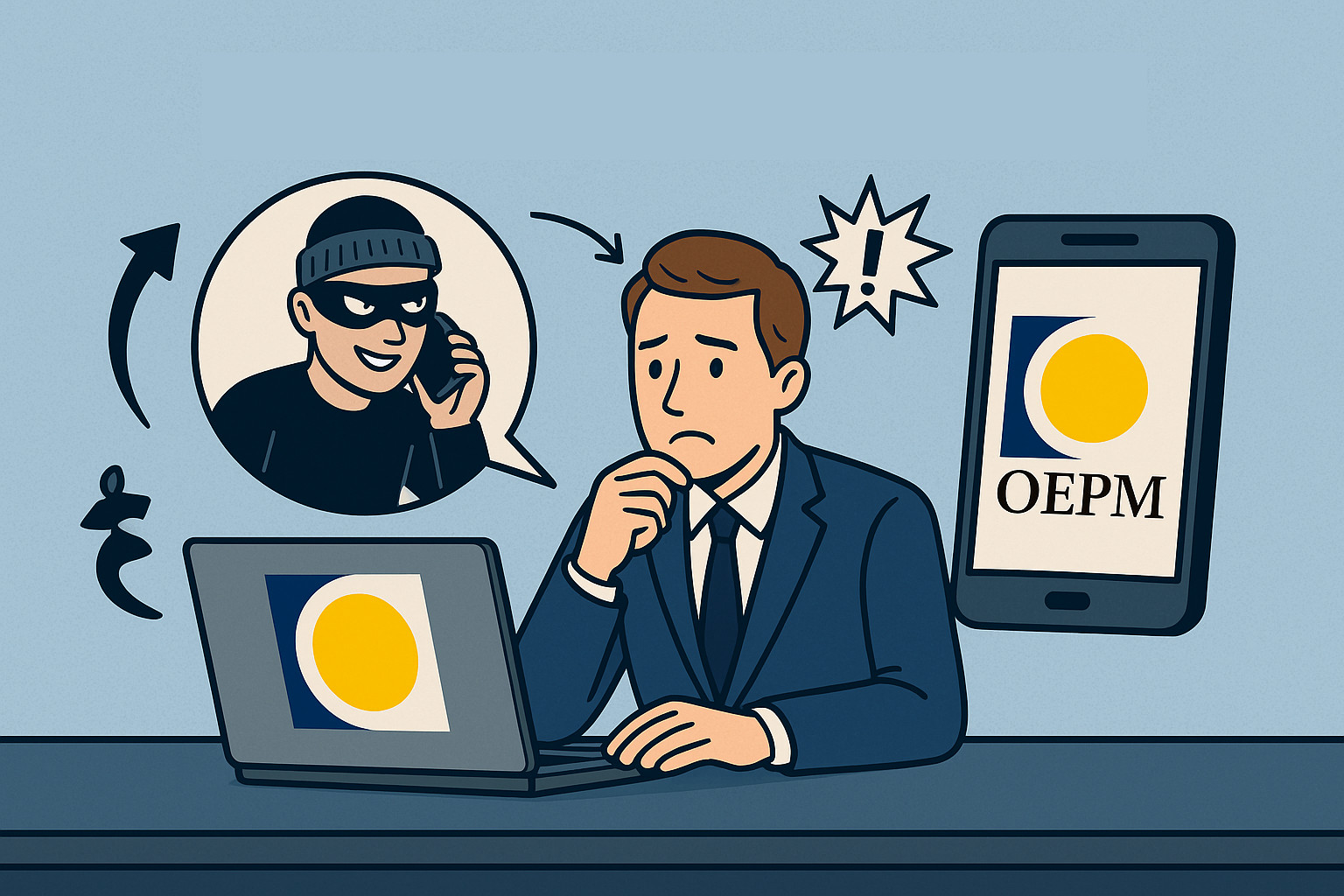
Increase in scam attempts against IP rights holders and applicantsIncrease in scam attempts against IP rights holders and applicants Holders and applicants of intellectual and industrial property (IP) rights have become a recurring target for fraudsters, who take advantage of the public nature of holder and applicant data to commit crimes internationally. This is revealed in the latest Europol report, based on previous studies that the European Union Intellectual Property Office (EUIPO) has been conducting for more than a decade. This type of fraudulent activity against IP rights holders has seen a significant increase in recent years, according to the study. In addition, fraudsters are using increasingly sophisticated tactics, such as email impersonation and phishing attacks against individuals and companies, with the aim of making them pay unnecessary fees for fake or unsolicited services. These criminals often pose as intellectual and industrial property offices, such as the EUIPO itself, using fake certificates and imitating their logos to deceive users. They also use the EUIPO's online database and the records of national IP offices to identify potential victims. Payment requests sent by email have increased significantly since the beginning of 2023, although those sent by post, which have also increased, remain the most common method of contact. The report estimates that the average fee requested by fraudsters is €1,500, which translates into estimated annual profits of more than €26 million. Criminals use part of this money to improve their logistics, invest in advanced technology, and expand their illegal activity worldwide. The EUIPO, fully aware of the seriousness of the situation, is committed to protecting IP right holders and applicants across the EU and bringing those responsible to justice, working closely with Europol, other law enforcement agencies, and the Anti-Scam Network to combat this type of fraud. The EUIPO also urges all IP right holders and applicants to be cautious when receiving payment requests and to verify the authenticity of the communication before taking any action. The Spanish Patent and Trademark Office (SPTO) joins this call for caution, as its identity is also being impersonated by these criminals to defraud IP rights holders and applicants in Spain. More information https://www.oepm.es/es/sobre-OEPM/noticias-y-eventos/avisos-y-advertencias/advertencias/ https://www.euipo.europa.eu/es/trade-marks/after-applying/misleading-invoices
|
Table of ContentsInternational cooperation to support Latin American SMEsThree Spanish candidates for the European Patent Office's ‘Young Inventors 2025 Awards’.The SPTO Historical Archive opens its doors during Open Administration WeekDescription of global trade in counterfeit goods 2025: global trends and enforcement challengesIncrease in scam attempts against IP rights holders and applicantsBlogLa importancia y el valor social de los premios a la innovación |










